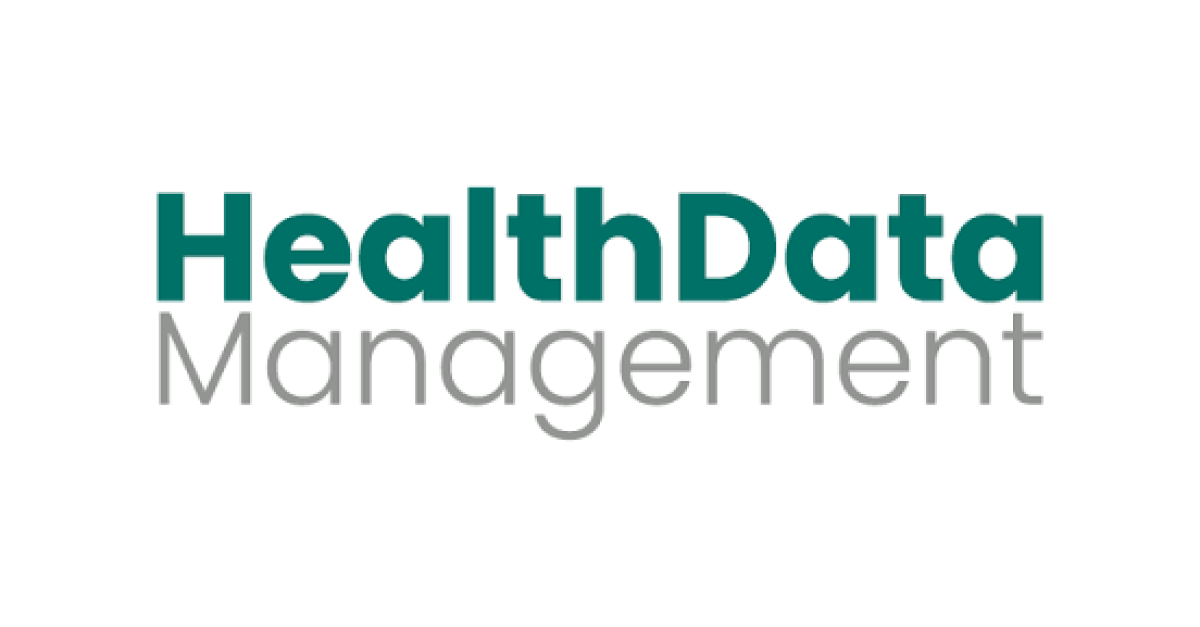Mobilizing AI predictive capabilities and population insights can enhance clinical decision making and enable early intervention for patients.
Artificial intelligence is being utilized in nearly every industry, which has caused both optimism and skepticism. Healthcare, in particular, is a sector in which AI has become a tremendously useful clinical “partner,” offering innovative tools that can help healthcare professionals take their work to the next level.
However, not all healthcare stakeholders are ready to make the digital leap guided by AI.
A recent Pew Research Center survey discovered that 60 percent of American adults are uncomfortable with the thought of their healthcare provider leveraging AI tools to help determine patient treatment plans and diagnose diseases. This apprehension is typically a result of a lack of knowledge about the technology or fear that it leaves critical health decisions to algorithms. Still, many believe AI can assist in making much-needed improvements in healthcare, like mitigating biases and enhancing accessibility to quality care.
Predictive AI and Generative (Gen) AI are emerging as particularly powerful assets, helping clinicians and care teams make more informed decisions to bolster operational and clinical initiatives.
Automating, simplifying prior authorization
One of the most promising applications of AI in healthcare is the use of GenAI to automate operational tasks, a prime example of which is the streamlining of the prior authorization process.
As a practicing orthopedic surgeon of more than 20 years, I have experienced the slow and cumbersome process associated with the traditional prior authorization process. However, GenAI is changing the game by simplifying this complex administrative process, which has significant implications for healthcare providers.
For example, prior authorization requests are typically submitted via fax. AI can automate the fax review and completion process by extracting information from clinical notes and auto-filling required fields. This significantly reduces the time a clinician must spend on mundane, time-consuming tasks.
GenAI also leverages deep-learning algorithms to generate various forms of content, including text, audio and code, and it excels at processing unstructured data sets. This holds significant promise for healthcare operations, which often work with copious unstructured data like clinical notes, diagnostic images, medical charts and recordings. Companies are already actively implementing AI solutions into their healthcare operations and seeing impressive results.
GenAI’s ability to automate laborious, error-prone operational processes and replace outdated, time-consuming systems helps unlock a substantial portion of the industry’s untapped $1 trillion potential for improvement. This is a significant enhancement because these systems, like prior authorization, are usually performed by clinicians who spend hours navigating the labyrinth of paperwork.
Predicting healthier outcomes with AI
Another potential benefit of this advanced technology is predictive AI, which focuses on utilizing advanced clinical analytics to enhance a healthcare provider’s capacity to customize medications and treatment plans tailored to each patient’s unique needs.
By analyzing historical patient cohort claims data, AI delivers insights that enable providers to predict the needs of their patients in a given cohort earlier than is usually possible today. Additionally, predictive AI models are trained by physicians and continually improve over time with more patient data and feedback gathered. This leads to earlier interventions, reducing the long-term impact of certain conditions and enhancing patient outcomes.
For example, AI’s ability to comb through large swaths of population health data is the key to predicting the best care paths for patients. These AI algorithms analyze patient data to identify patterns and anomalies, providing timely interventions critical to optimizing treatment for chronic illnesses and severe conditions. Combined with advanced clinical expertise, this approach fosters better decision-making and enables personalized, proactive disease or episode management vs. a “one-size-fits-all” approach.
A timely diagnosis can be vital in treating chronic illnesses and severe conditions. When it comes to diseases like diabetes or more intricate neurological disorders such as dementia and Alzheimer’s, early detection and swift initiation of treatment can profoundly influence a patient’s quality of life by offering a carefully planned path for downstream care.
To successfully harness these AI-powered capabilities, however, healthcare professionals must do so responsibly. AI algorithms can predict whether a patient fits within a specific patient cohort; however, it does not remove the “art of medical practice.” Predictive modeling still requires the human touch of a clinician to determine if this is the best course of action for their patient.
Innovation through responsible AI
While AI offers remarkable opportunities to the healthcare industry, it also introduces new challenges; this necessitates the adoption of responsible AI practices. Responsible AI in healthcare means using the technology in a way that adheres to these four tenets – accountability, privacy, transparency and inclusiveness – with close clinical guidance.
Clinical guidance is imperative because relying on both human expertise and technology is crucial to ensure inappropriate prior authorization denials do not occur and cause care delays. AI should never be used to deny care for patients; responsible AI practices ensure that it does not replace the work done by humans but instead changes how humans work to make the prior authorization process more efficient.
By deploying AI responsibly, healthcare stakeholders can ensure that AI technologies align with clinical evidence and make medically appropriate choices that are in the patient’s best interest.
Moving forward in the age of AI and broader access to extensive population health data, healthcare is on the precipice of something transformative. Predictive AI and GenAI capabilities can help propel the industry forward by improving operational efficiency and enabling early interventions that lead to better overall health outcomes.
It is important to stress that healthcare executives, clinicians and care delivery teams should remain vigilant in ensuring that AI technologies support and enhance care delivery rather than hinder it.
With the right approach, AI can play a pivotal role in helping reshape antiquated healthcare processes and supporting health plans and providers in improving the overall quality of care. In this era of technological advancement, the possibilities for healthcare are endless, and the potential to positively impact patients’ lives is greater than ever before.
